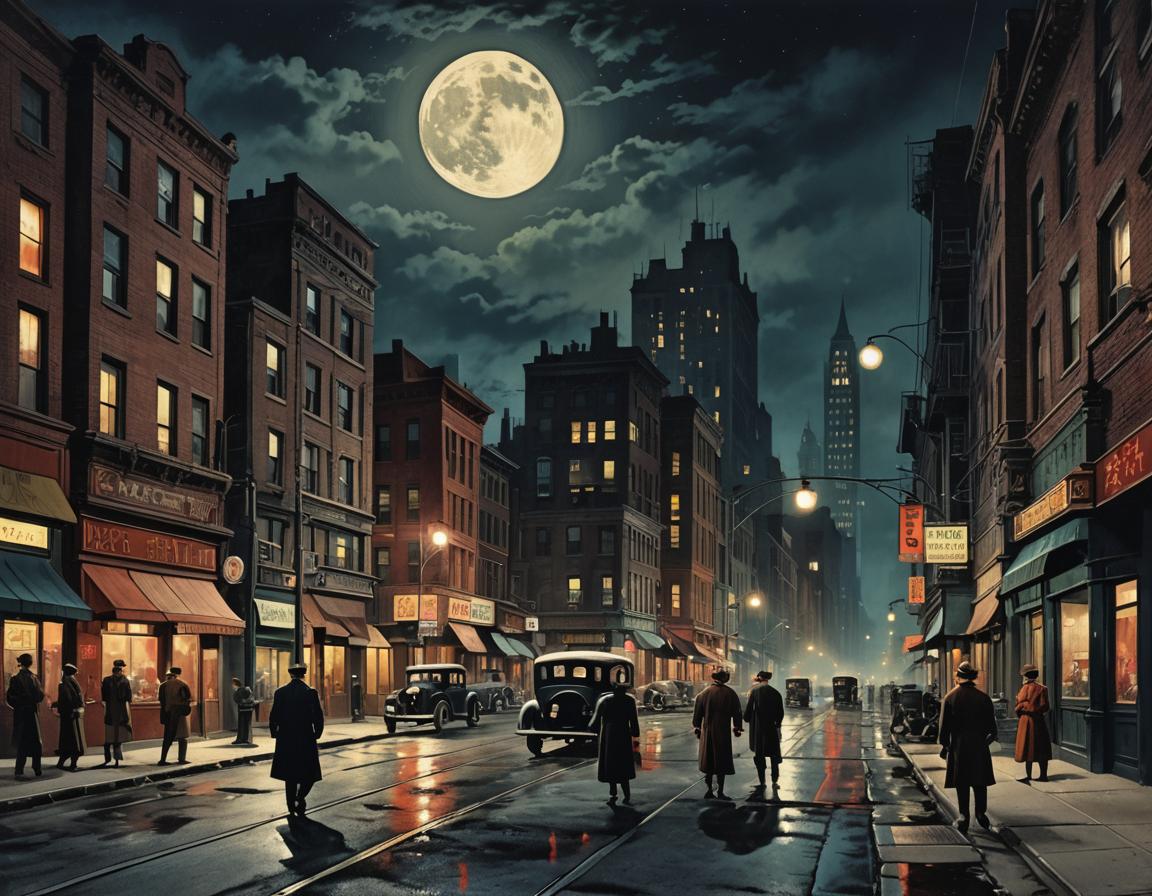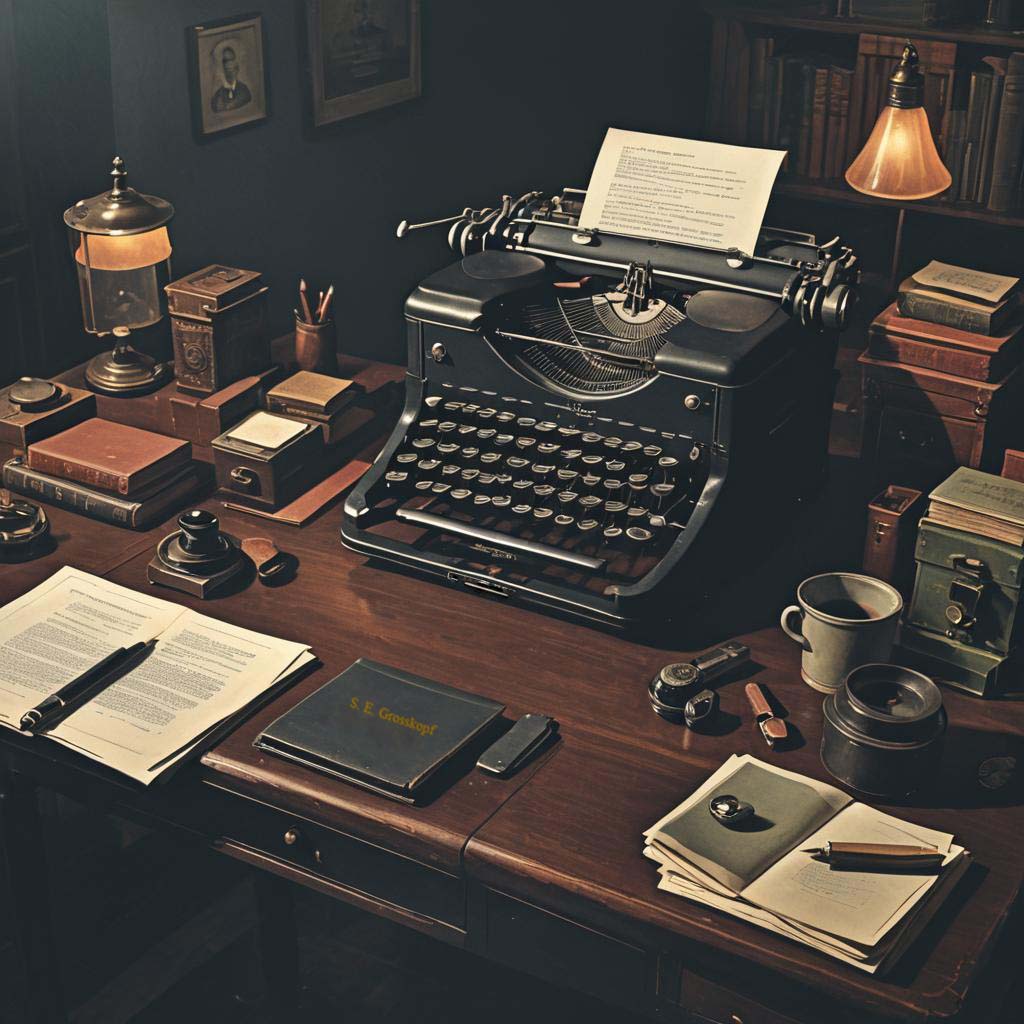
Writing Resources

How do you choose a starting point?
Since I’m working on a pretty long series, I already have the characters and setting. Once those two elements are established, a plot can start with a very basic idea. Depending on how long your story is, you may need more than one idea. But one is enough to get started.
What does a basic idea look like? Here’s a few I’ve used in previous projects and some that I have on my list of ideas for future projects:
Somebody disappears out of a locked hotel room.
There is a ghost terrorizing the family farm.
There is a gang robbing gas stations around the city.
Santa Claus was murdered.
Somebody sends the detective a large box of money with no return address.
Somebody stole a flamingo from the zoo.
The detective goes on vacation.
Next, where does the story begin? How will the main characters become involved? This is called the inciting incident. And for a mystery, it’s usually a crime.
If the basic idea is that Santa Claus was murdered, your story could begin with the crime, or it could begin when the crime was discovered, or it could begin when the detective is assigned to the case.
I generally find the starting point and then ask myself, “What else could go wrong?”
Then ask, “How does the character react?”
For example, if the basic idea is that the detective goes on vacation…. What could go wrong?
The train station loses his luggage.
What else can go wrong?
The hotel where he thought he had reservations is closed for renovations.
How does the character react?
After he explains that he can’t go anywhere else tonight, they let him in.
What else can go wrong?
Well, of course, someone is found dead in the morning.
How does the character react?
The detective will have to find out who did it.
This whole series of questions might only be the first two or three chapters, but it is enough to get started. Just keep repeating the questions until you fill out the rest of the book.
There are different plot structures you can follow, and many resources describing them. Some work better than others for specific genres. Sometimes I organize the plot into three main setbacks with minor steps forward in between and some sort of a twist at the end before the final resolution. Other times, I divide up the characters and give them each a problem, then go back and forth between them until the end, when they find out they were all working on different angles of the same problem.
Some people make a very detailed outline before beginning, and others just write whatever comes to mind. I usually make a somewhat detailed outline but I don’t always stick to it if the story suddenly goes in a different direction. There isn’t one specific ‘right way’ to organize every detail.
Stuck in the middle?
I’ve had times when I knew how the book started and how I wanted it to end, but I found myself stuck in the middle. How do I get from Point A to Point B? Too many things have gone wrong, the whole situation is a mess, the villain is winning, the detective is frustrated, and he doesn’t know what to do next either.
When that happens, I sometimes find it helpful to put the protagonists in a room together and have them talk about the problem. They’ve seen the problem from different angles, they have different perspectives and skills, different personalities, and different problem-solving strategies. By the end of the discussion, they usually find a way to move forward.
This may only be a brainstorming activity and not a scene that is included in the final draft, but it can be one more way to get unstuck and keep writing.
How does this end?
I usually know the ending before I start writing, but sometimes I don’t know how all of the details will come together. If that happens, I go back through what I already have written and make a list of all of the details that will need to be resolved. If I get stuck again, I just keep asking what happens next, and then see how the characters respond. And I go through the checklist to make sure I don’t forget anything and resolve all of the problems by the ending.
And then, once you have the ending, where are you going next? Sometimes I do leave a few problems unresolved, just so I can come back to them later.
I wish you the best of luck with your business, enjoy the adventure.
